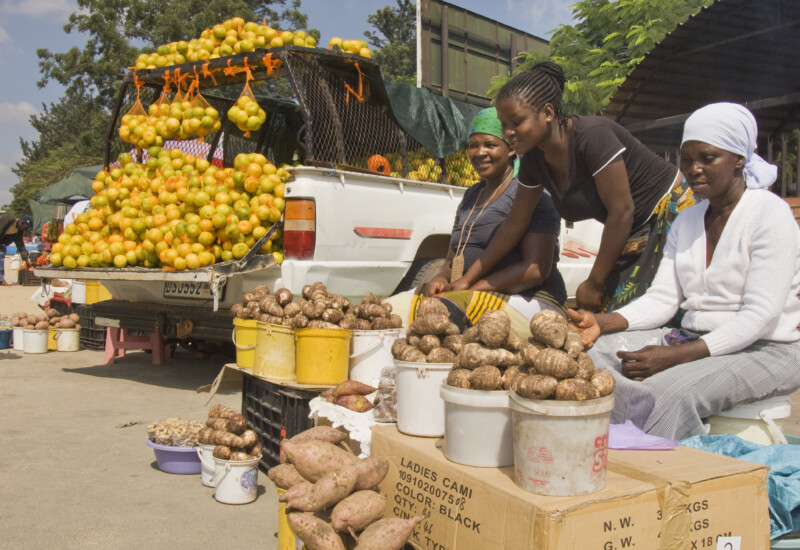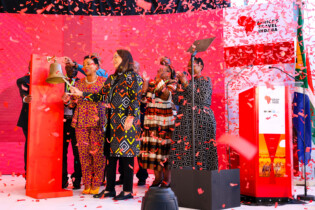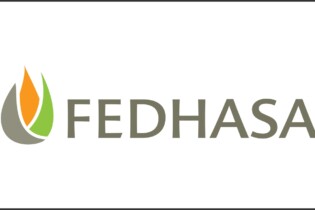The informal sector plays a vital role in the global economy and needs to be connected properly to government and businesses to create opportunities for collaboration, learning, and growth.
This was the key message during the e-Kasi talks theme on the first day of SAITEX 2024. Driven by micro-enterprises across multiple sectors, the Kasi Economy – also known as the ‘hidden economy’ – accounts for one-third of local jobs. These vibrant and innovative communities are home to 11.6 million people, indicating that townships represent billions of rands in spending power.
“In terms of cross-border opportunities, businesses in the township economy definitely benefit from the insights and learning opportunities at SAITEX 2024,” mentioned Cllr Leah Knott, MMC, Department of Economic Development, in her opening keynote address.
Research released by Accenture Africa in 2023 revealed that more than 150,000 spaza shops make up part of South Africa’s hidden economy, which has an estimated market size of R178 billion. The informal sector accounts for about 42% of all employment and contributes about 6% of the national GDP: that’s about $25 billion (R470 billion). Over the past five years, the informal sector has been growing at the expense of the formal sector at a Compound Annual Growth Rate of 14.17%, with no sign of slowing down.
The Kasi Economy is almost circular, with businesses created by residents and supported by their fellow township citizens. More than 70% of South African households purchase from informal traders, including hawkers, small and large spazas, superettes, as well as mini and midi wholesalers. By 2030, small retailers in this micro-economy are anticipated to create 70% of all new jobs.
Tourism as a catalyst in the informal sector: Transforming South Africa’s economy
One of the significant takeaways from this year’s Africa’s Travel Indaba was the role of transformation in the South African economy. The necessity of addressing inequality and poverty through tourism was highlighted in order to promote the development of small businesses and township tourism. This theme of transformation was pivotal, illustrating how tourism can be a catalyst for economic growth and social change.
The theme of transformation was central to the discussions at this premier travel event. It highlighted how tourism can drive economic growth, particularly through the development of small businesses and township tourism. By integrating these local enterprises into the broader tourism industry, there is significant potential for economic upliftment and job creation. This approach not only enhances the tourism value chain but also addresses socio-economic challenges within communities.
The discussions and insights from SAITEX 2024 and Africa’s Travel Indaba 2024 underscore the critical role of the informal sector and township economies in driving economic growth and social transformation in South Africa. By fostering connections between these micro-enterprises, government bodies, and larger businesses, there is immense potential for collaboration, learning, and growth. The emphasis on innovation, sustainability, and community engagement within the tourism sector highlights the path forward, ensuring that the benefits of economic development are widely shared and contribute to the overall prosperity of the region.







